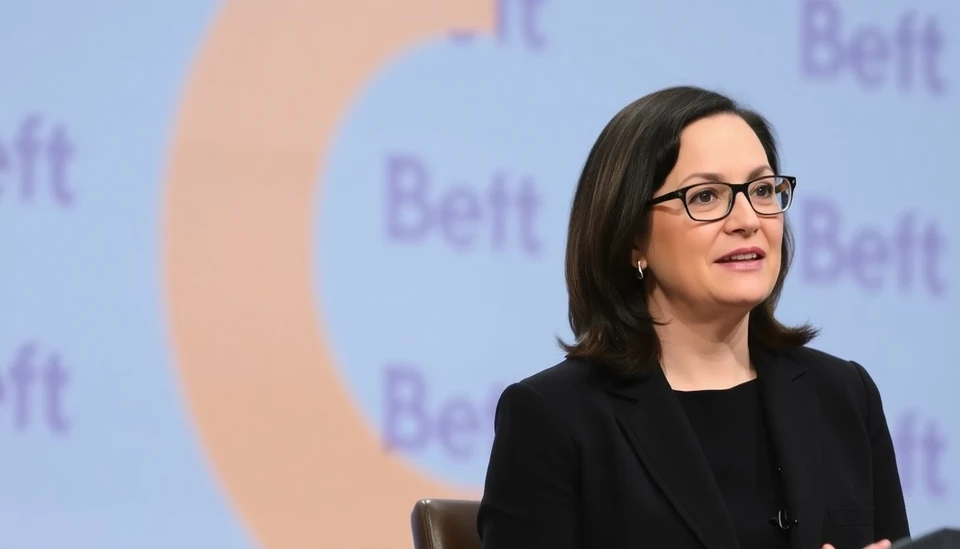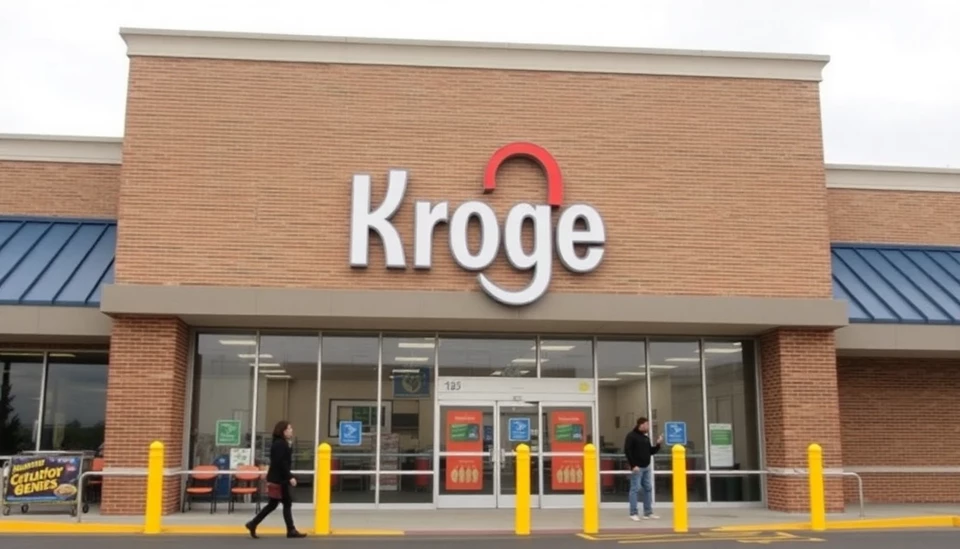
The Federal Trade Commission (FTC) has recently released an eye-opening report indicating that numerous retailers have been utilizing consumer data in ways that raise significant ethical concerns, particularly related to price manipulation and surveillance-based pricing strategies. This trend is emerging as retailers increasingly rely on sophisticated data analytics to assess individual consumer behavior and adjust prices accordingly, often without their knowledge.
According to the FTC's detailed analysis, retailers are actively engaging in what they refer to as "dynamic pricing," which allows them to monitor how consumers interact with their products online and modify prices in real-time based on various factors including purchasing habits, browsing history, and even social media engagement. This practice, while not new, has escalated dramatically in recent years due to advancements in technology and data collection capabilities.
The FTC emphasizes that such practices not only create a lack of transparency in pricing but also foster a marketplace characterized by unfair competition. For instance, less tech-savvy retailers that do not have the resources or expertise to implement similar data-driven strategies may be at a significant disadvantage. Consequently, the market may penalize consumers who are not as engaged or who lack awareness of these pricing tactics, creating an inequitable shopping environment.
Furthermore, the report highlights specific algorithms and data models used by major retailers to track consumer behavior meticulously. By interpreting this wealth of data, companies can set prices that exploit consumers' willingness to pay, leading to potential overcharges for certain customer segments—particularly those who may be less informed about market prices or who have shown loyalty to particular brands.
In response to these findings, the FTC is advocating for clearer regulations governing the use of consumer data in retail pricing strategies. The agency plans to explore legislative avenues to ensure that consumers are better informed and protected against unclear practices, thereby restoring competition and fairness in the retail marketplace.
As this debate about ethical pricing and consumer surveillance unfolds, industry experts are urging both retailers and policymakers to engage in a dialogue about best practices in data usage. They suggest that implementing transparent policies on pricing and data collection could not only protect consumers but also enhance trust and loyalty in the long term.
The implications of the FTC's findings extend beyond consumer rights; they touch on broader concerns about privacy, data ethics, and the broader impact of big data on consumer behavior and market dynamics. In an age where personal data has become a critical commodity, ensuring that consumers are equipped with the knowledge and tools to navigate these challenges is more important than ever.
As the conversation evolves, stakeholders from various sectors—retailers, consumers, and lawmakers—will need to collaborate to forge a path forward that prioritizes transparency, fairness, and ethical standards in the use of consumer data.
With the FTC taking a stand, the hope is that a more equitable retail environment will emerge, where consumers can shop confidently without fear of being manipulated by sophisticated pricing strategies.
#FTC #ConsumerData #SurveillancePricing #DynamicPricing #RetailEthics #DataPrivacy #MarketEquity #PricingStrategies #ConsumerRights
Author: Victoria Adams




